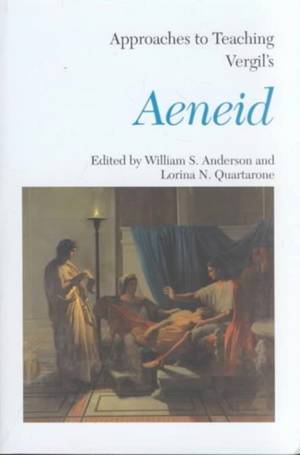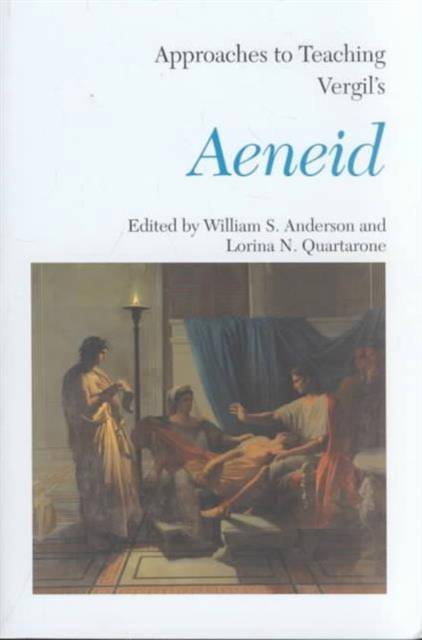
- Retrait gratuit dans votre magasin Club
- 7.000.000 titres dans notre catalogue
- Payer en toute sécurité
- Toujours un magasin près de chez vous
- Retrait gratuit dans votre magasin Club
- 7.000.0000 titres dans notre catalogue
- Payer en toute sécurité
- Toujours un magasin près de chez vous
Vergil's Aeneid
Description
Vergil's Aeneid has been the most continually read and discussed work by a Roman author in the history of Western literature. Yet it can be a challenging work to teach--Vergil is a complex, subtle poet; his culture and time are removed from us; and Latin is less studied in college than it was a generation ago.
Part 1 of this volume, "Materials," critiques the main English translations, lists reference works and resources (including those on the Internet), and gives an overview of criticism. Part 2, "Approaches," strikes a balance between traditional and new approaches to the text. Among the subjects of these essays are Augustan politics, Homeric parallels, key terms (pietas, furor), narrative techniques, uses of simile, images of women, the treatment of warfare, and comparisons of the Aeneid with such works as Dante's Divine Comedy and Milton's Paradise Lost.
Spécifications
Parties prenantes
- Editeur:
Contenu
- Nombre de pages :
- 268
- Langue:
- Anglais
- Collection :
- Tome:
- n° 74
Caractéristiques
- EAN:
- 9780873527729
- Date de parution :
- 01-01-02
- Format:
- Livre broché
- Format numérique:
- Trade paperback (VS)
- Dimensions :
- 154 mm x 233 mm
- Poids :
- 371 g






